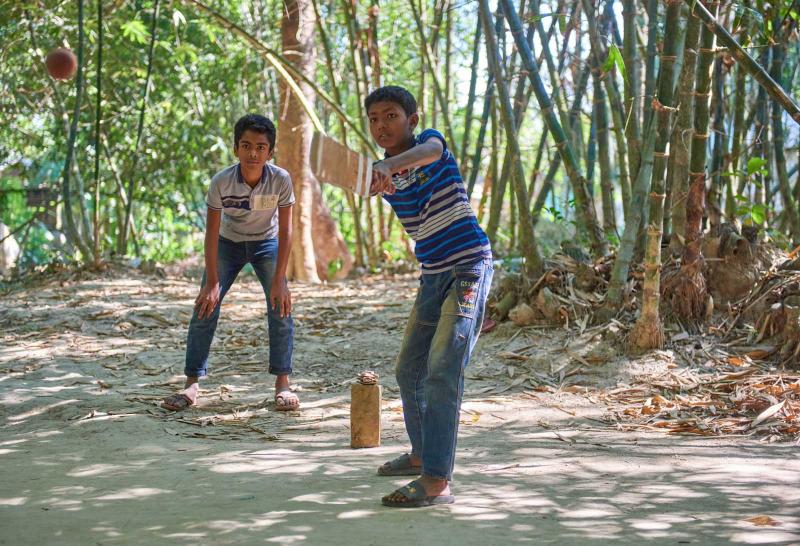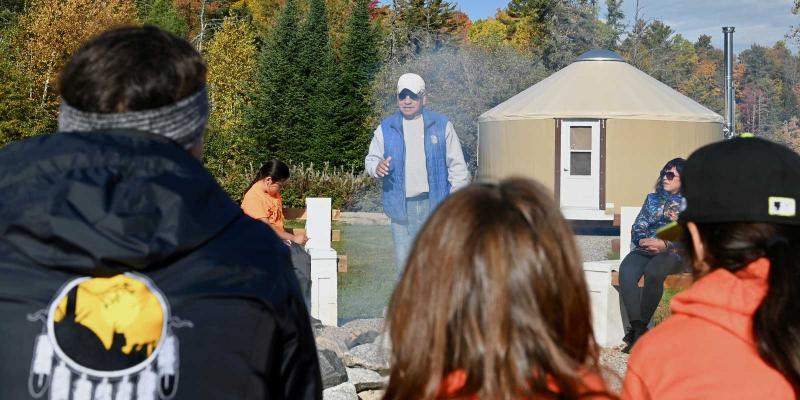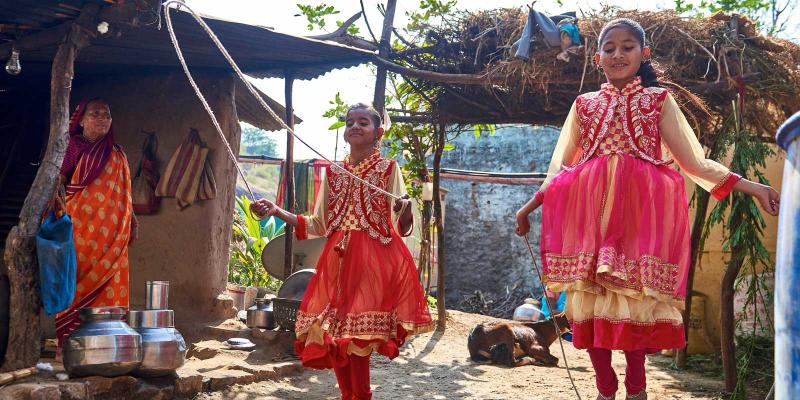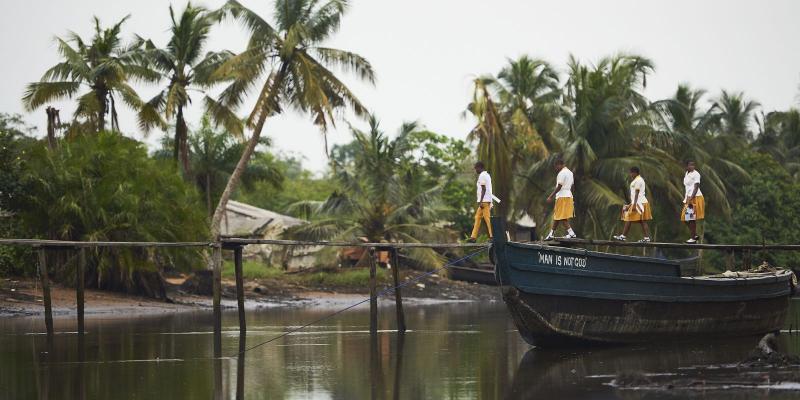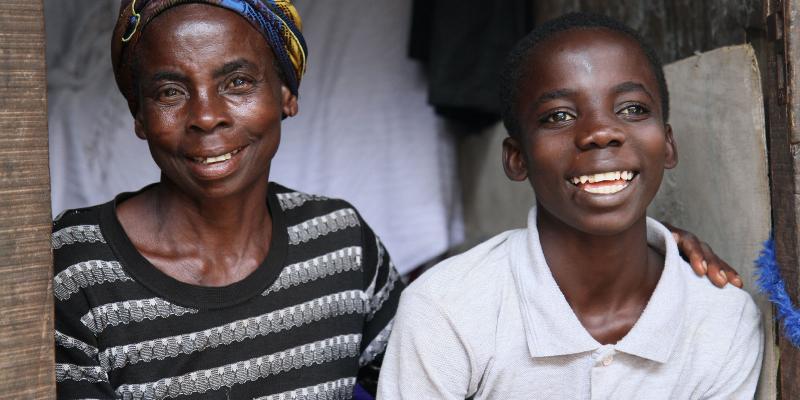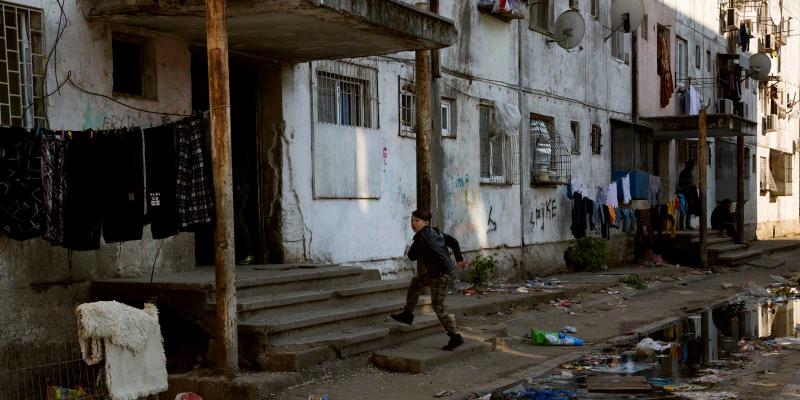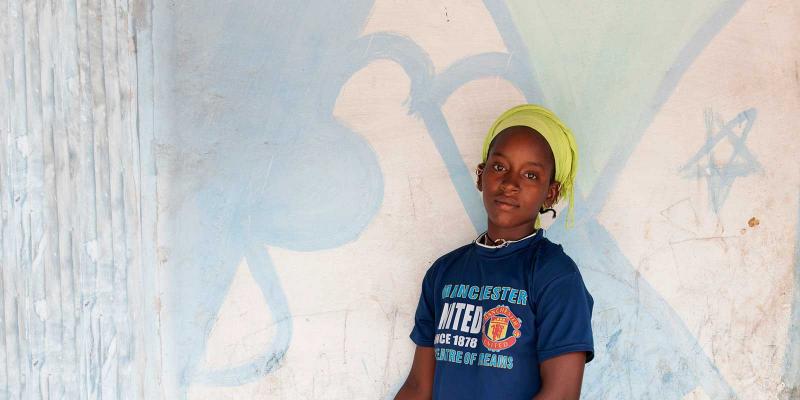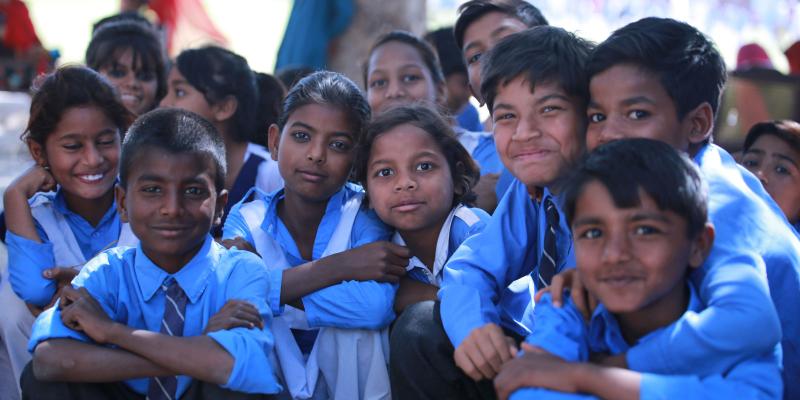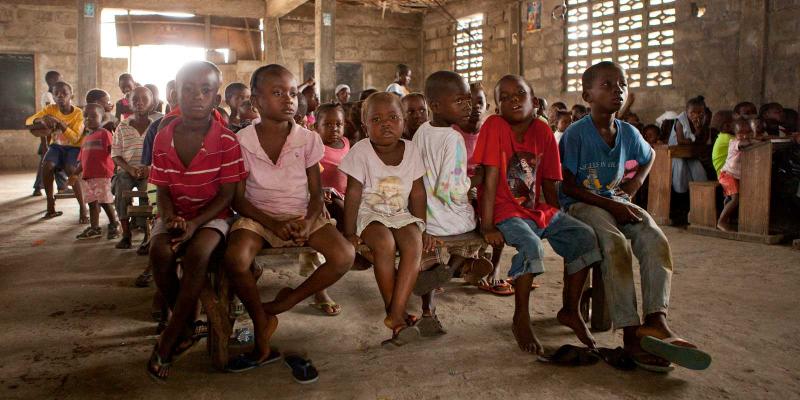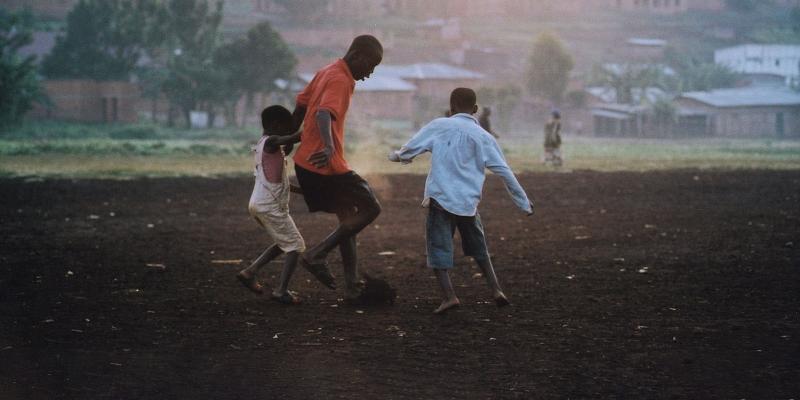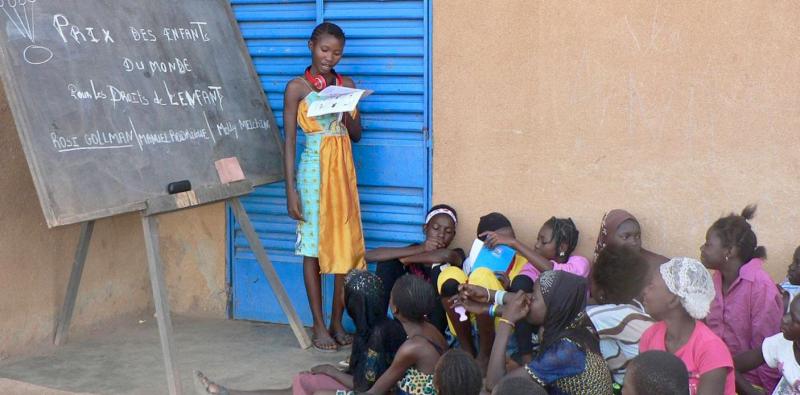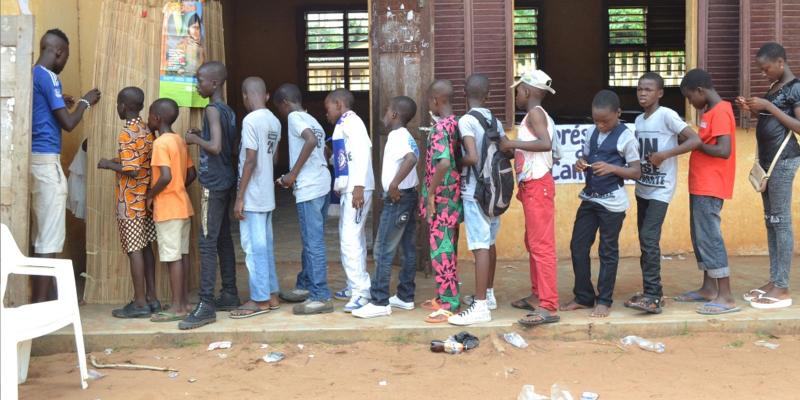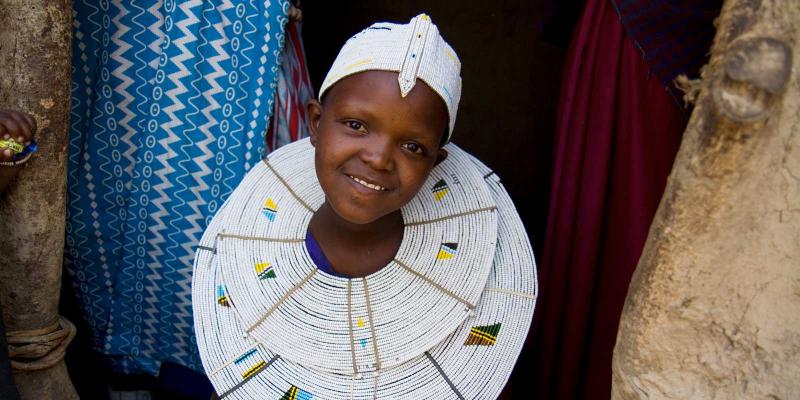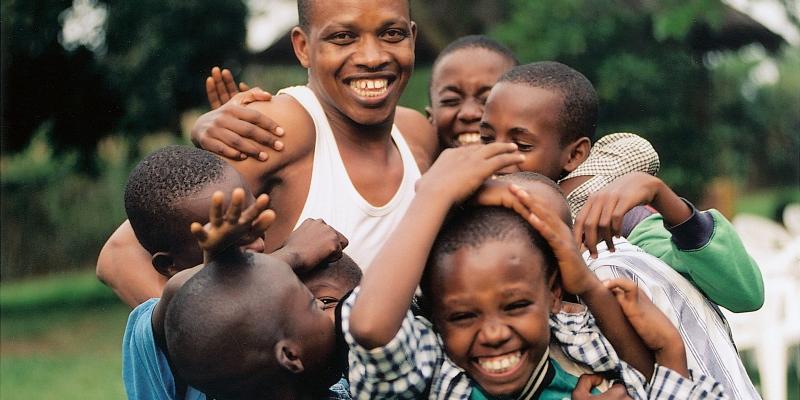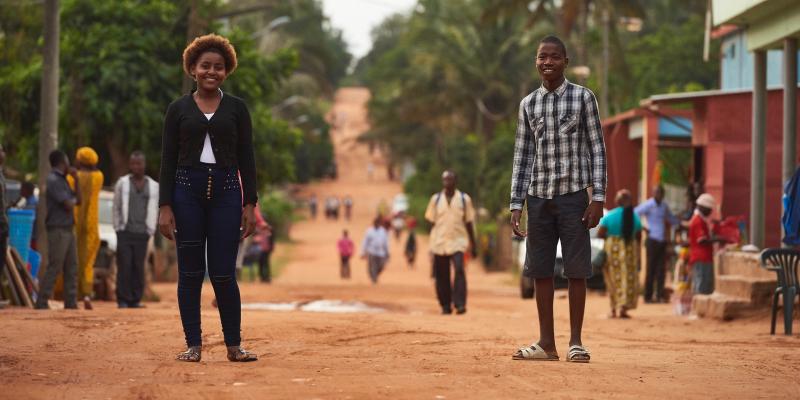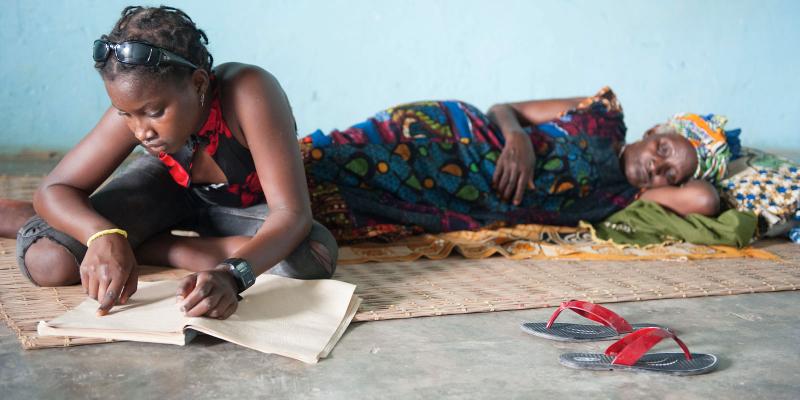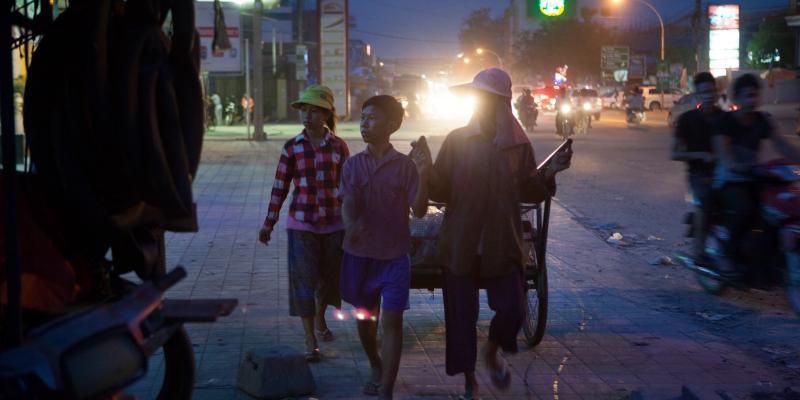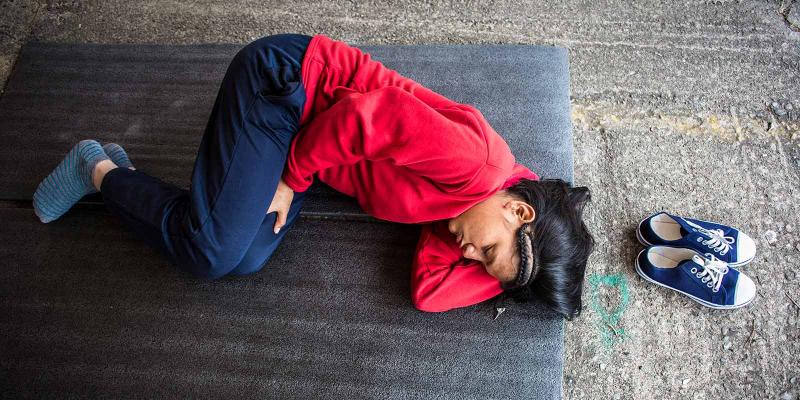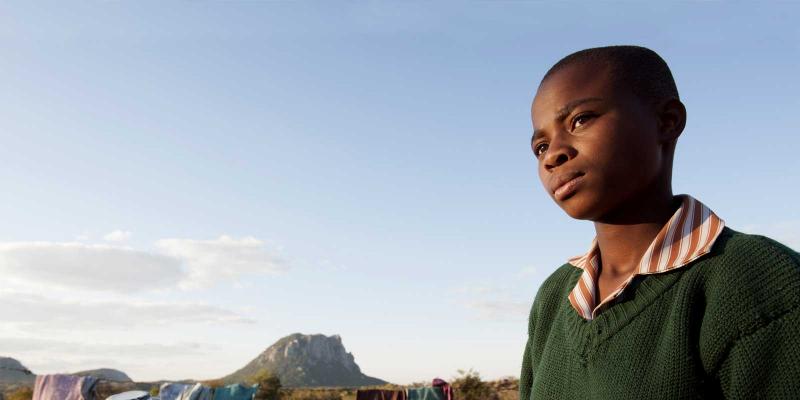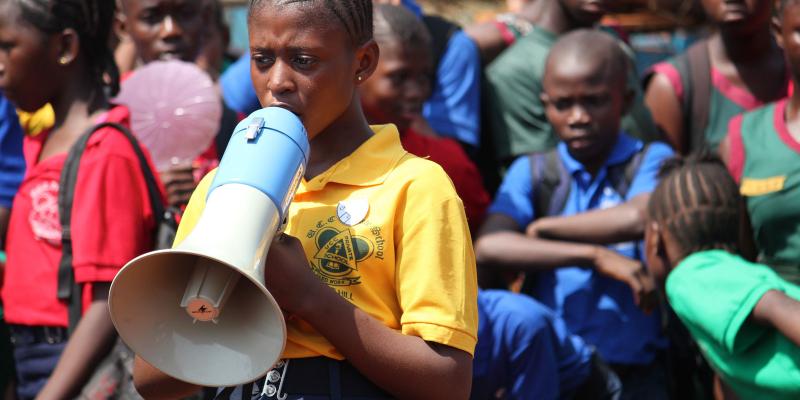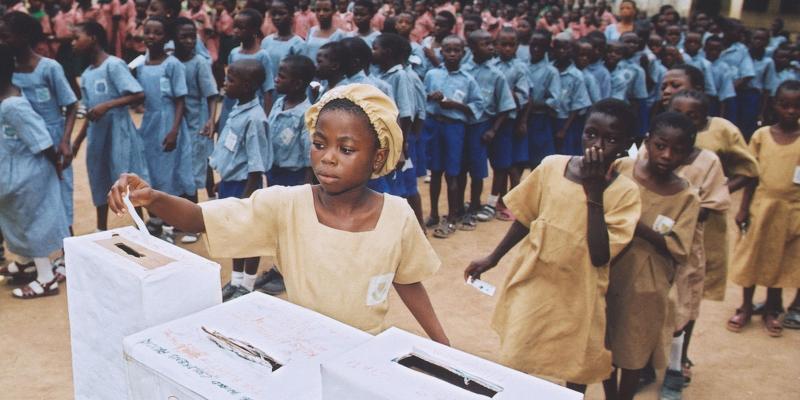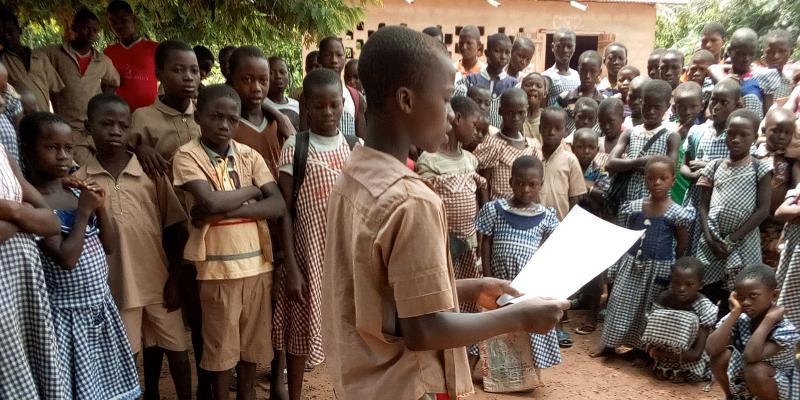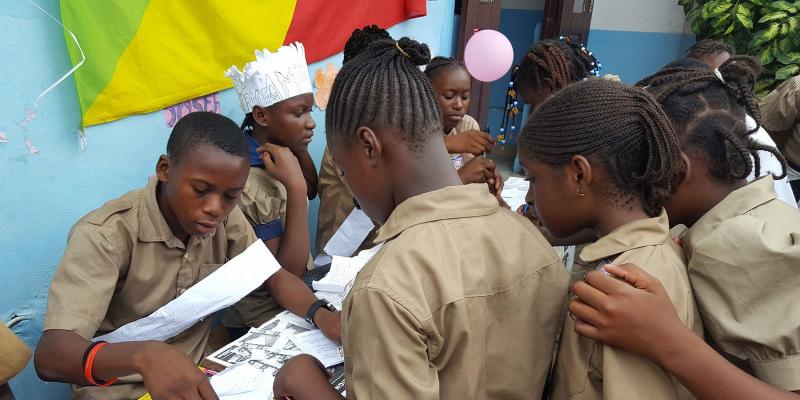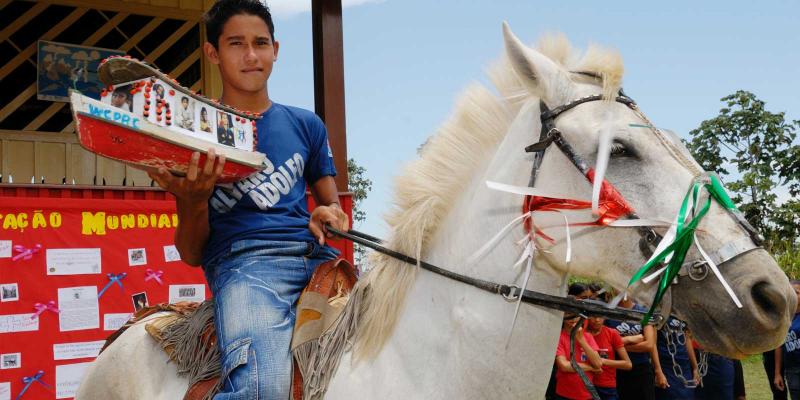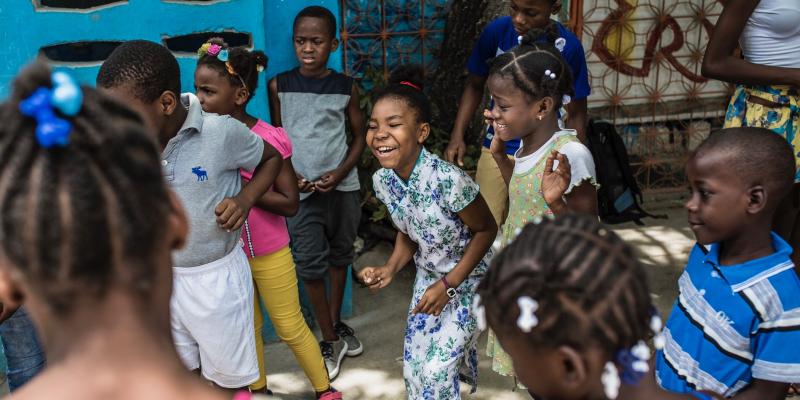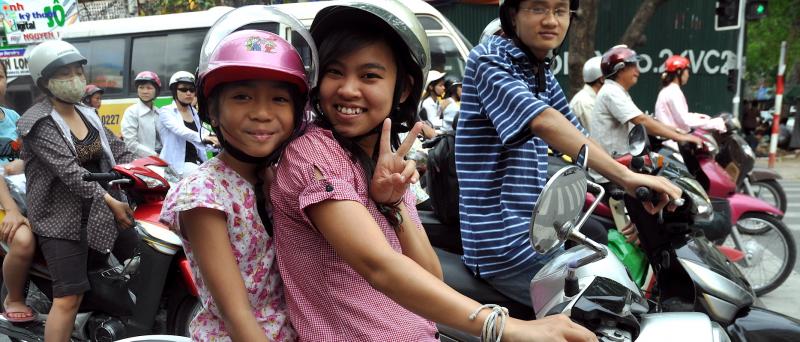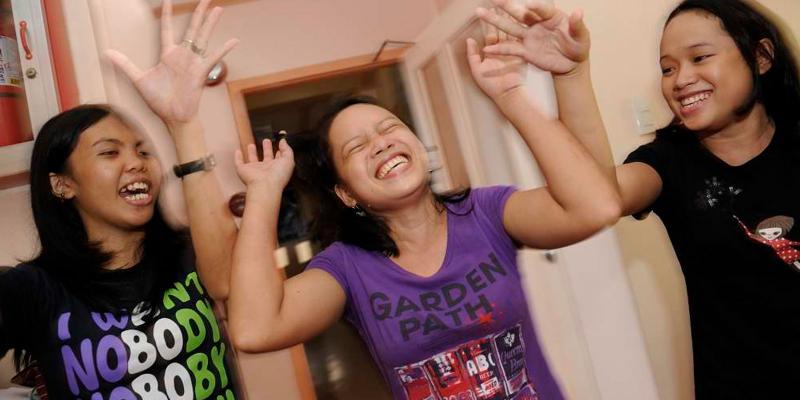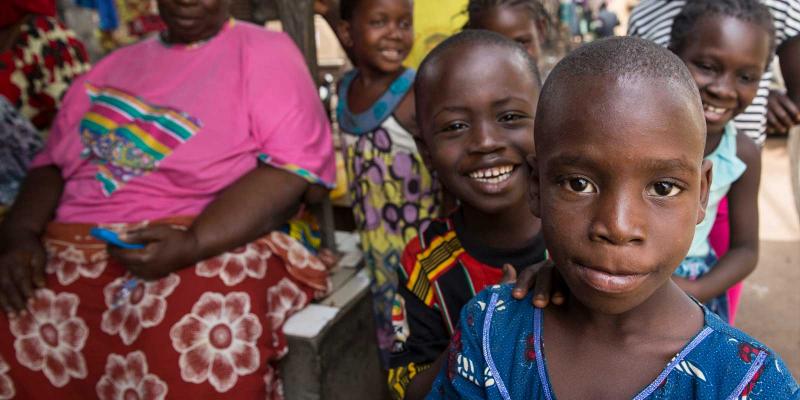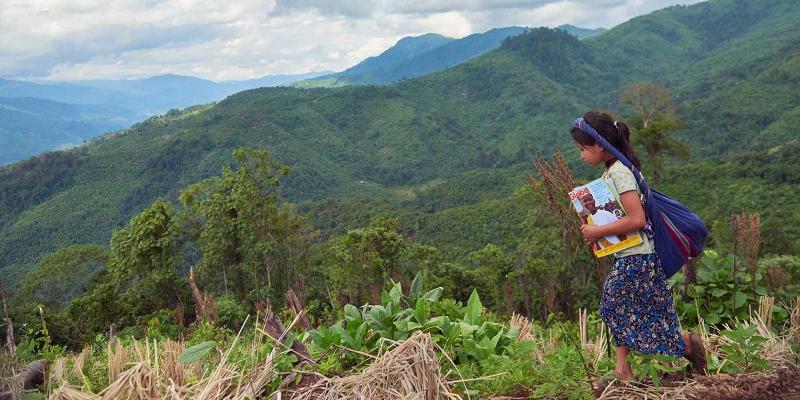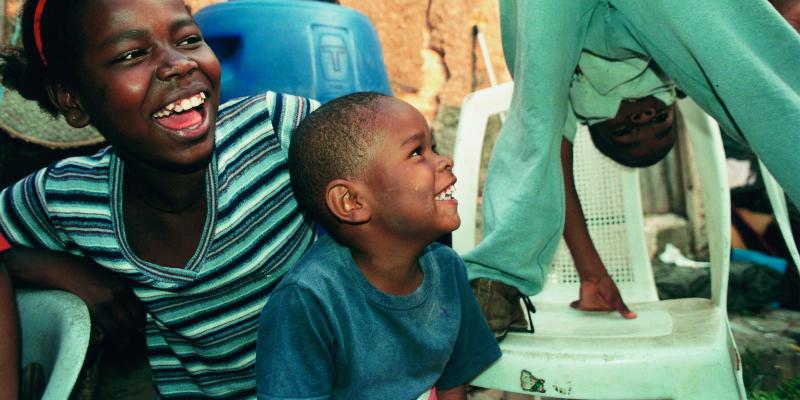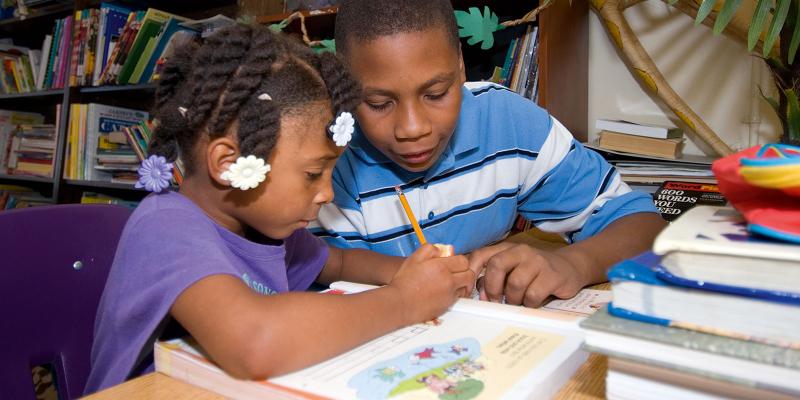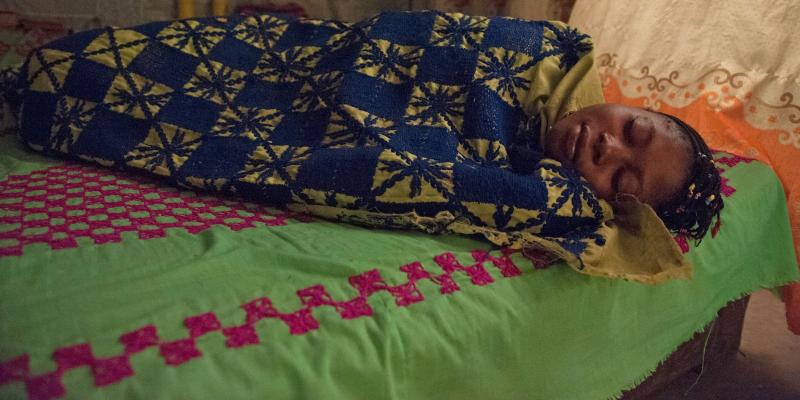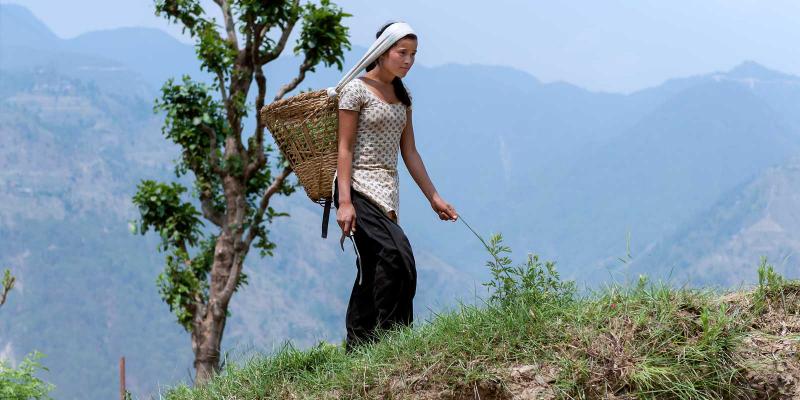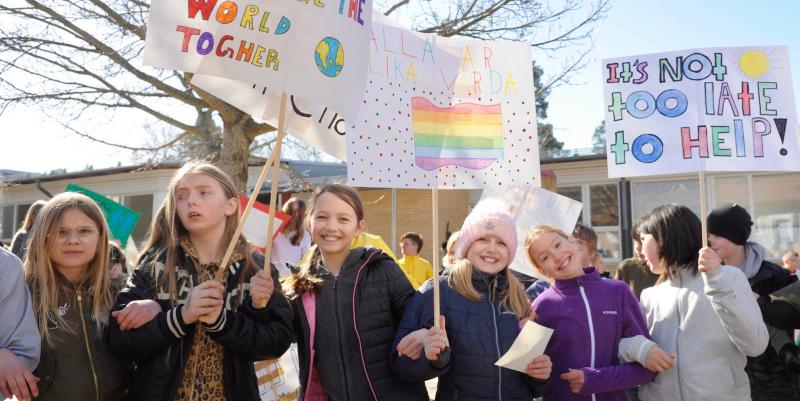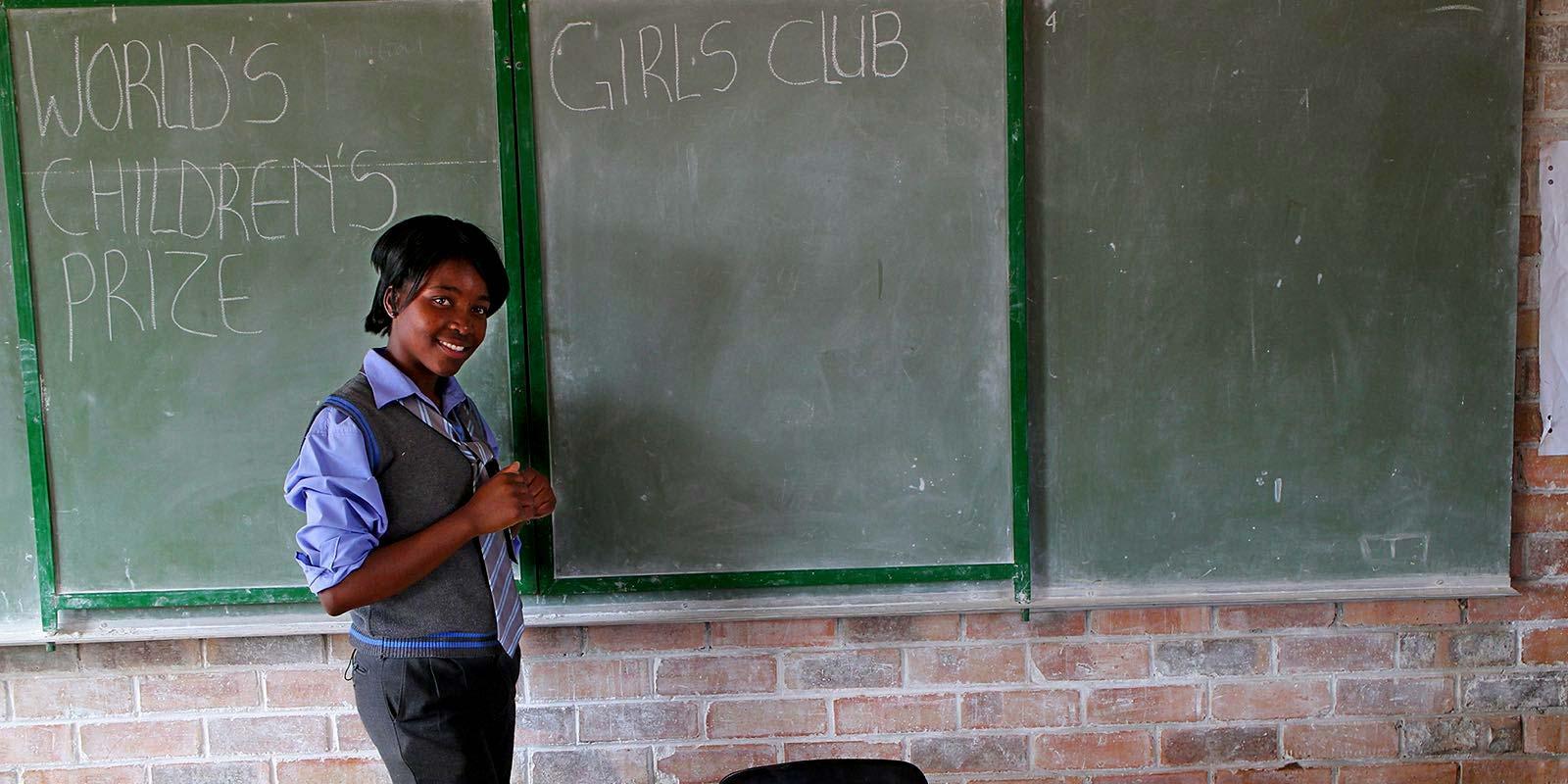
How are South Africa’s children?
South Africa has ratified (pledged to follow) the UN Convention on the Rights of the Child. This means that South Africa must respect the rights of the child and listen to what children have to say. Are the rights of the child respected in South Africa?
Survive and grow
You have the right to life. Every country that has ratified the United Nations’ Convention on the Rights of the Child must do all it can to allow children to survive and develop. In South Africa there are 19.4 million children; this is 35 % of the entire population. About 12 million children still live in poverty. This is more than half of all children in South Africa.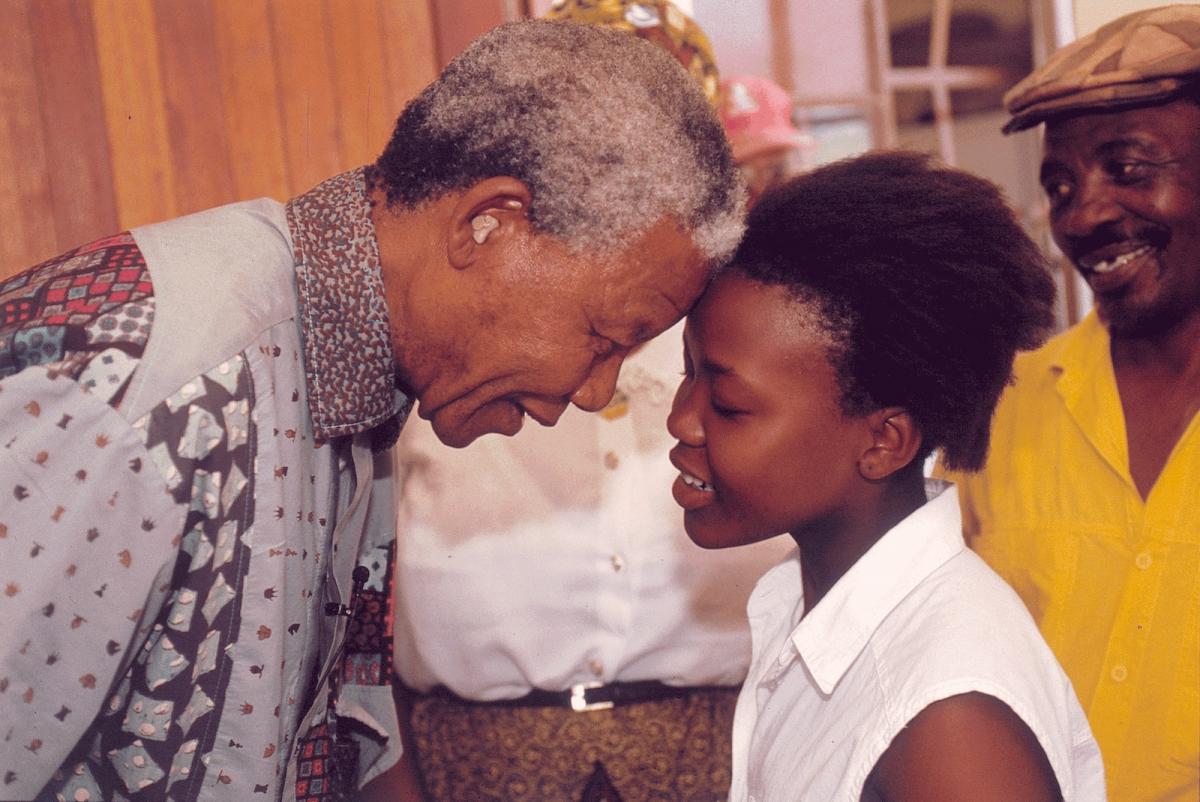
WCP-barnrättshjälten och beskyddaren Nelson Mandela kämpade för att alla barn i Sydafrika skulle ha samma rättigheter. ©WCPF
Health and well-being
You have the right to clean water, adequate sanitation and medical care. In a few of South Africa’s provinces, the governments have managed to deliver safe water to 85% of their child populations. However, more than 7 million children still rely on distant or unsafe water sources in South Africa’s rural provinces. 7 out of 10 children have access to adequate toilet facilities, while 6.8 million children are still using inadequate facilities. Around 320,000 children (aged 0-15) are HIV positive.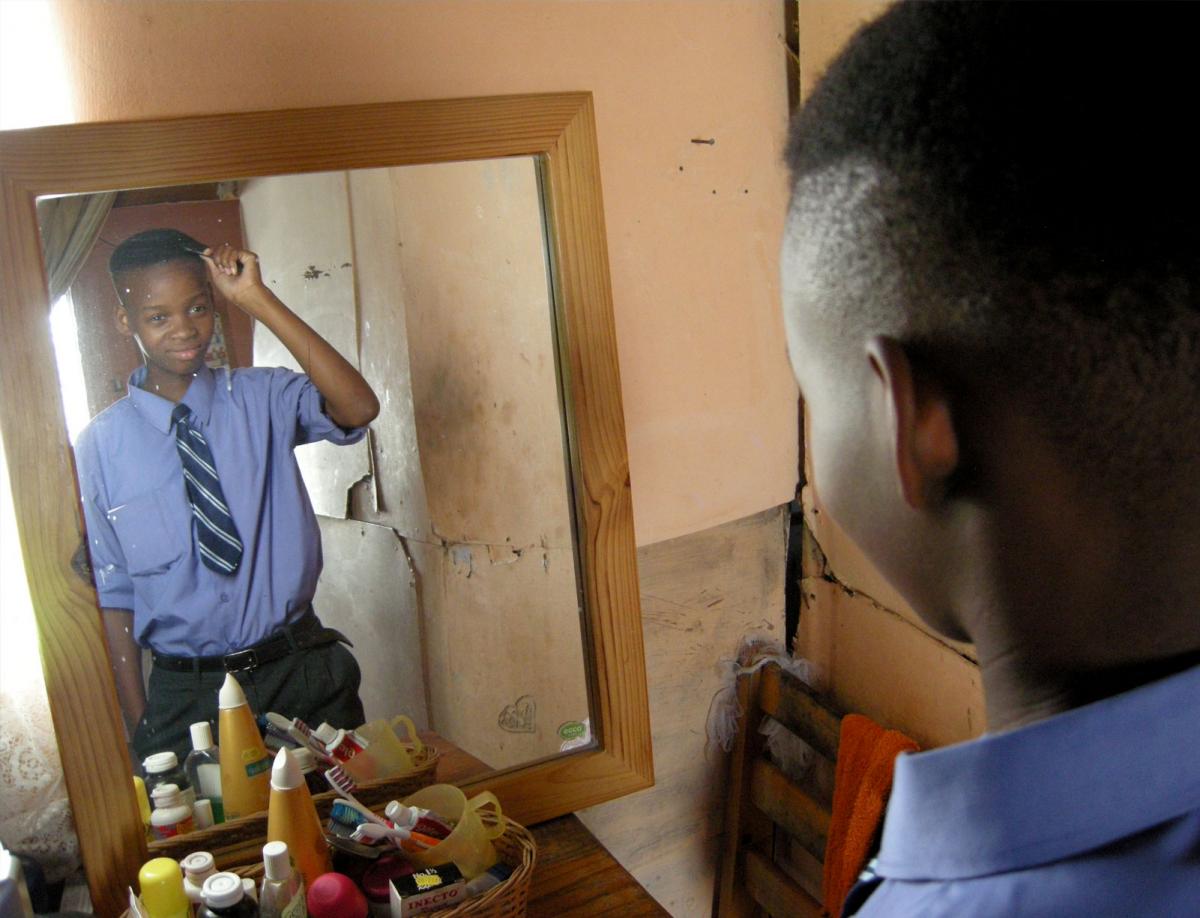
Sesethu är döv och uppvuxen upp i Khayelitsha i Sydafrika, ett område med mycket fattigdom, våld och kriminalitet. I WCP-barnjuryn representerar Sesethu döva barn och barn med andra funktionsvariationer. ©WCPF
A home, clothing, food and security
More than 10 million children receive the government’s child support grant of 270 Rand per month (circa 17 USD), while an estimated 1.4 million eligible children still have no access to this grant, because they do not know that they have this right or are not able to request the grant because they do not have birth certificates. More than 95,000 children in South Africa live in child-headed households, without adults to care for them. More than 2 million children live in backyards or shacks and thousands of children live on the streets. There are 4.3 million orphans because their parents died of AIDS-related illnesses.Refugee children
Refugee children from Mozambique, Zimbabwe and other African countries come to seek asylum from war and various forms of discrimination. The law states that these children have the same rights as any other child in South Africa. They may not be be discriminated against or refused an education.Protection against violence
A teacher, a child or another learner at school may not beat children. Children suffer violence in their schools, on their way home, within their communities and frequently within their own families. It is every child’s right to be protected from violence, and important that we all help each other to find help and stop violence and abuse.Child labour
You have the right to be protected from economic exploitation and work that prevents you from going to school and/ or is harmful to your wellbeing. Over 2.6 million children between 5-14 in South Africa, work to earn a living or to support their families. At least 247,000 of these children perform work that is dangerous and illegal. 83% of school-going age children attend schools, although the dropout rates are high, as they get older.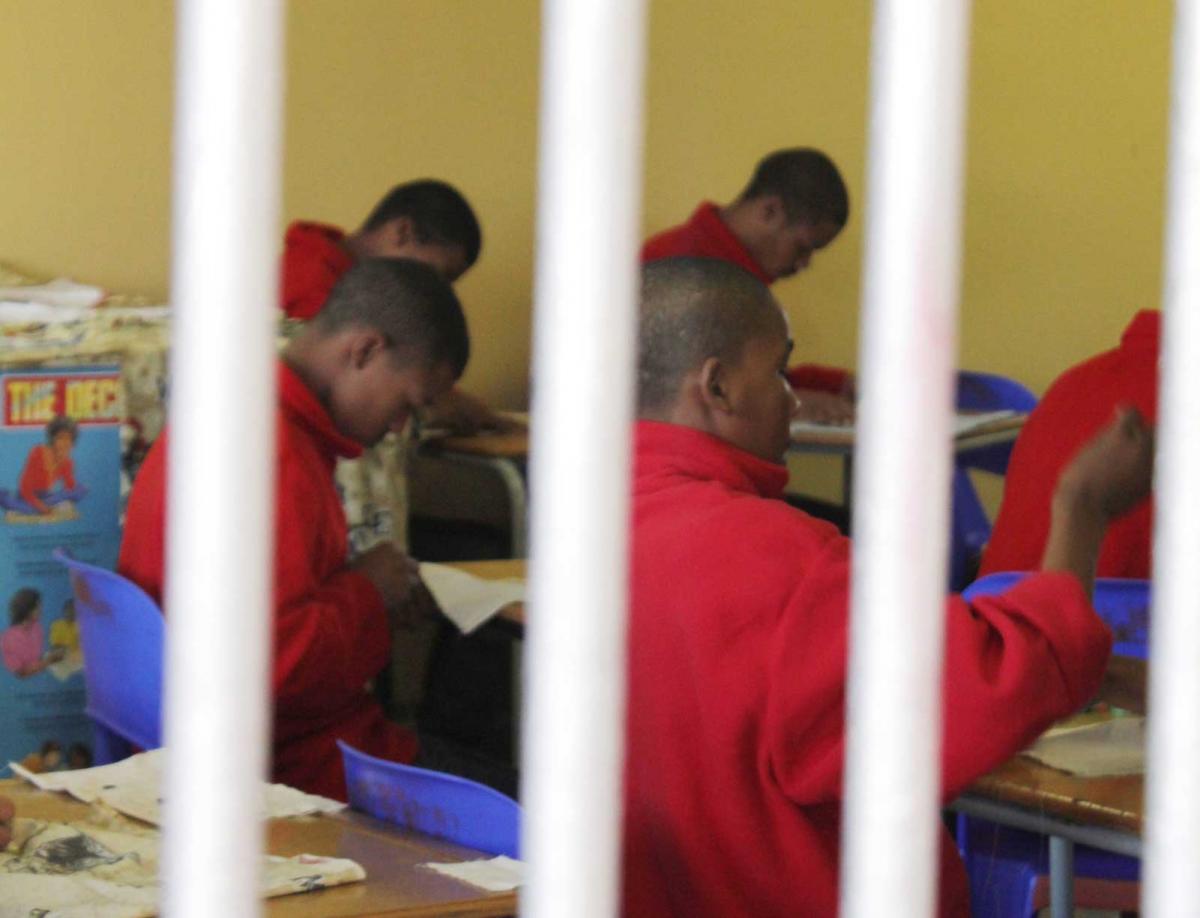
WCP-barnrättshjälten och juristen Ann Skelton kämpar för barnets rättigheter i Sydafrika, bland annat för barn som hålls inlåsta. ©WCPF
Crime and Punishment
The South Africa Child Act that came into effect in 2010 states that children who have committed crimes should be given care and help. Imprisonment may only be the last resort and for the shortest time possible. South Africa has the 4th largest imprisonment rate in the world and the second largest in Africa.WCP-barnrättsambassadörer i Sydafrika besöker barn och unga i fängelse, och ger dem möjlighet att delta i WCP-programmet och få kunskap om sina rättigheter:
Your voice must be heard
You have the right to say what you think about any issue that affects you. The adults should listen to the child’s opinion before they make decisions, which must always be made in the best interest of the child!Related stories
WORLD'S CHILDRENS PRIZE FOUNDATION
Långgatan 13, 647 30, Mariefred, Sweden
Phone: +46-159-129 00 • info@worldschildrensprize.org
© 2020 World’s Children’s Prize Foundation. All rights reserved. WORLD'S CHILDREN'S PRIZE®, the Foundation's logo, WORLD'S CHILDREN'S PRIZE FOR THE RIGHTS OF THE CHILD®, WORLD'S CHILDREN'S PARLIAMENT®, WORLD'S CHILDREN'S OMBUDSMAN®, WORLD'S CHILDREN'S PRESS CONFERENCE® and YOU ME EQUAL RIGHTS are service marks of the Foundation.


x
x
x

